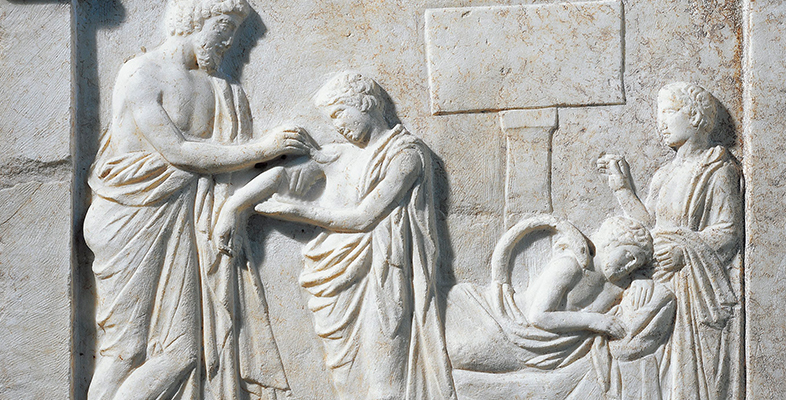4.6 Merging traditions? Oropos, Athens and polis religion
The iconographical similarities observed in the scenes from the Parthenon frieze and dedicatory relief from the Amphiareion raise interesting questions about what participants at the Panathenaia and Great Amphiaraia understood as they encountered these monuments and witnessed the chariot dismount competition.
Would participants at the Great Amphiaraia, for example, have been reminded of the Panathenaia and the chariot dismount’s association with Athena as they observed (or even took part in) the competition and viewed dedications depicting it? Certainly, for those Athenians attending the festival it is reasonable that the answer to this question would be ‘yes’, especially given that Athens controlled the sanctuary and its associated festival of Amphiaraos for much of the classical period and that the competition was likely reserved for Athenians.
In the case of the chariot dismount competition, then, we see an example of how religious practice may relate to the idea of polis religion. Here the mythological tradition of Amphiaraos, and his particular association with chariots, merged with the Athenians’ celebration of the chariot dismount competition at their most important religious festival. By celebrating the chariot dismount competition at the Great Amphiaraia of 329/8 BCE, the Athenians may be seen as merging Amphiaraos’ mythology with their own religious traditions so as to align with their broader political agenda to control Oropos and its sanctuary – especially after the destruction of Thebes by Alexander the Great. Such cultic overlap ultimately brought Amphiaraos into closer contact with Athens’ patron goddess, Athena, thus strengthening the Athenians’ claims over Oropos and the figure of Amphiaraos.
